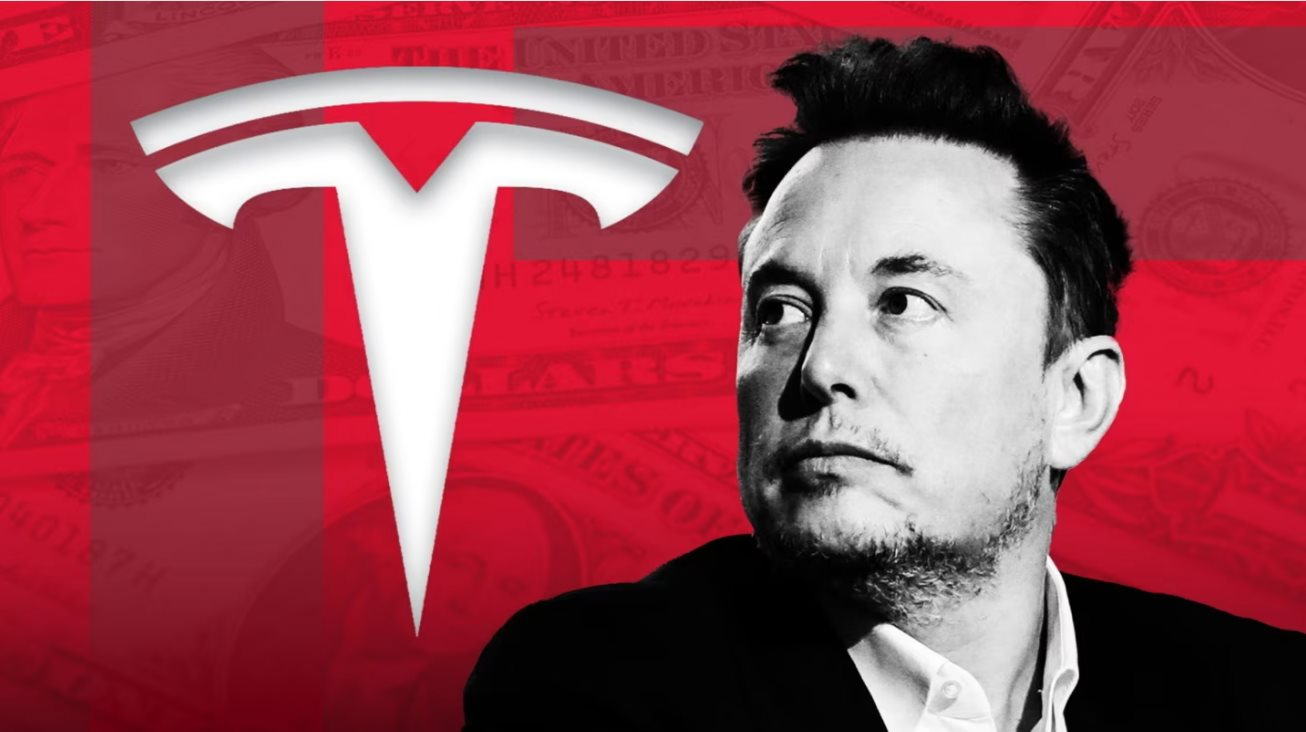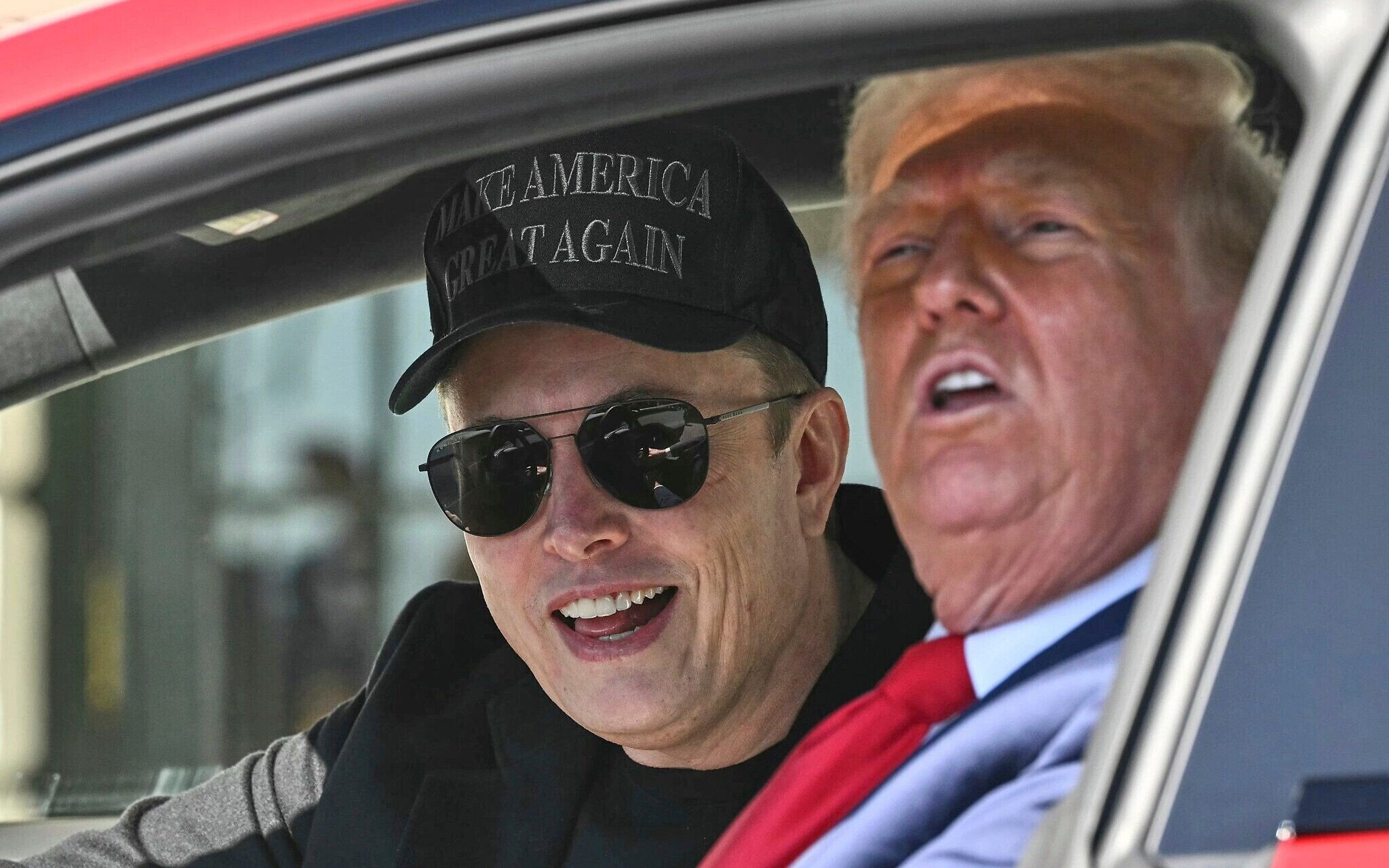
Elon Musk, one of the world’s wealthiest and most influential tech billionaires, has recently made headlines not just for his innovations at Tesla and SpaceX but for his substantial involvement in U.S. politics.
Musk, known for his outspokenness and ambitious vision for the future, has invested a significant portion of his fortune into supporting political causes, most notably backing Donald Trump’s re-election bid and his political initiatives. However, this involvement has not come without significant costs.
Despite Musk’s immense wealth and the tremendous success of his companies, his political engagement has created a complex set of challenges, including decreased support for his personal brand, a decline in Tesla’s sales, and growing scrutiny of his business practices.
Musk’s political contributions, particularly his financial backing of Trump, have attracted considerable attention. As of May 2024, Musk has spent over $290 million supporting Trump and other Republican candidates.

His political investment strategy includes not only direct contributions to the Trump campaign but also funding key political movements, including a proposed $100 million donation to groups supporting Trump’s agenda ahead of the 2026 midterm elections.
Musk’s vocal support for the Republican party and his active role in shaping U.S. politics have led to a polarizing public image, with some praising his outspokenness while others criticize his political influence as damaging to Tesla’s brand.
During an interview at the Qatar Economic Forum on May 20, Musk revealed that he plans to reduce his political involvement in the future. While Musk acknowledged that he had done “enough” in terms of political donations and activities, he emphasized that his focus would shift back to his business ventures.
He explained that he would still visit Washington, D.C., occasionally, but his involvement in political matters would be scaled back to prioritize the operations and future of his companies. This shift marks a recognition of the toll that his political activities have taken on Tesla, his flagship company, and his overall public image.

Musk’s political donations and actions have certainly had an impact on his personal brand and, by extension, Tesla’s market performance. Although he remains a beloved figure for many who support his vision of a sustainable, technology-driven future, the polarizing nature of his political stances has alienated certain consumer bases and investors.
In addition, his outspoken support for controversial policies and political figures has created challenges for Tesla in maintaining a neutral and broadly appealing brand. As a result, Tesla has faced a significant sales slump, with a reported 13% drop in global deliveries during the first quarter of the year and a staggering 71% decline in quarterly profits.
The decline in Tesla’s performance has also resulted in internal tensions. A group of employees publicly called for Musk’s resignation, citing the damage his personal brand has done to Tesla’s image.
The group stated that the harm to Tesla’s reputation, particularly stemming from Musk’s political engagement, was “irreparable.” This public dissidence among Tesla staff highlights the growing discontent within the company over Musk’s involvement in matters unrelated to Tesla’s core business.

Musk’s dedication to reshaping government and its role in the private sector has also had personal consequences. His involvement in efforts to streamline government operations through his role as the head of the Department of Government Efficiency (DOGE) has led to increased media scrutiny.
Despite his efforts to reduce government waste, Musk’s critics argue that his personal and business interests conflict with the goals of such a position. Musk has expressed his frustration with government interference in business and has been vocal about his desire to reduce federal spending, including efforts to eliminate certain government agencies and programs.
However, this has led to tensions with certain government officials and departments, further complicating Musk’s position in Washington. Despite the political controversies, Musk remains a dominant force in the business world.
SpaceX continues to grow, Starlink is expanding its reach, and Tesla is pushing forward with new innovations in electric vehicles. However, the toll of Musk’s political engagement is evident in the numbers.

Tesla’s market share has diminished as competitors ramp up their own electric vehicle offerings, and Musk’s involvement in divisive political issues has left the company exposed to both public criticism and investor anxiety.
The question of whether Musk can maintain his grip on Tesla while continuing his political engagement remains a key concern. Although he has stated that he intends to stay as Tesla’s CEO for at least another five years, his political activities and their impact on the company’s performance may force a shift in his focus.
Musk’s self-assured declaration, “unless I die, I’ll remain CEO,” was made with characteristic boldness, but it also reflects the immense pressure he faces as he juggles the demands of being a political figurehead and running a global tech empire.
The interplay between Musk’s political and business ventures reveals broader questions about the role of CEOs in public life and the potential consequences of political involvement on corporate success.

As Musk continues to wield significant influence in both the political and business spheres, the public and his investors will likely continue to scrutinize the effects of his personal brand on Tesla’s bottom line.
Musk’s decision to pull back from political engagement is not simply about personal choice—it’s a reflection of the mounting pressures and costs associated with his dual role as a businessman and political influencer.
Tesla’s declining sales and the growing dissent within his own company suggest that his brand may have been overexposed, and Musk’s political involvement, while an essential part of his identity, has become a liability for the company he built. This pivot towards focusing on business rather than politics could mark a turning point for Musk, Tesla, and the future of his other ventures.
Musk’s $290 million political investment, combined with the mounting costs to Tesla’s performance, poses difficult questions about the intersection of wealth, power, and responsibility. Can a CEO whose political views alienate a portion of the consumer base continue to lead a company effectively?

How much political involvement is too much when it starts to affect the market and the long-term success of the business? These are questions that Musk, his investors, and the public will have to grapple with in the years to come.
In conclusion, Elon Musk’s extensive political donations and public support for political figures, particularly his backing of Donald Trump, have placed significant pressure on his business empire.
Tesla’s sales slump, internal employee dissent, and waning public support suggest that Musk’s dual role as a business magnate and political player has taken a toll on his companies.
However, with Musk’s declaration that he will reduce his political engagement and refocus on business, the question remains whether this shift will be enough to stabilize Tesla’s performance and restore investor confidence.
Musk’s future as Tesla’s CEO remains uncertain, and only time will tell whether his focus will shift back solely to business, or if politics will continue to influence the course of his companies.
-1747368752-q80.webp)
-1748316551-q80.webp)
-1747967219-q80.webp)
-1746084925-q80.webp)